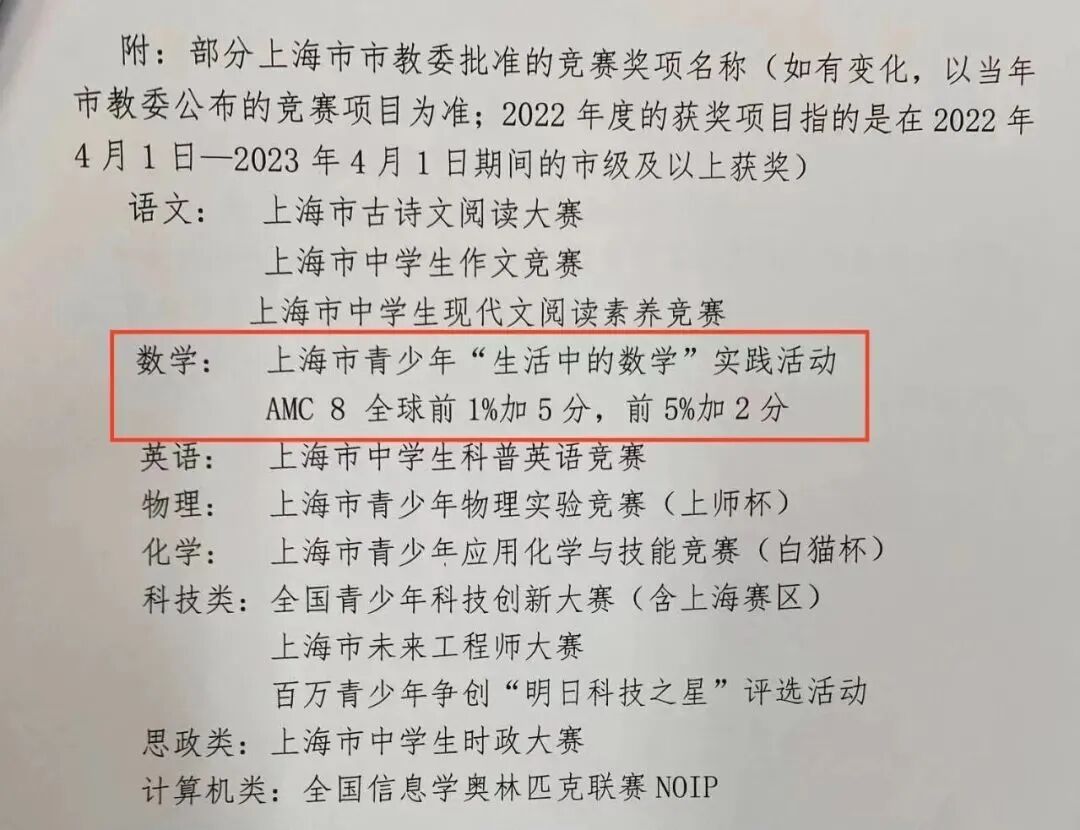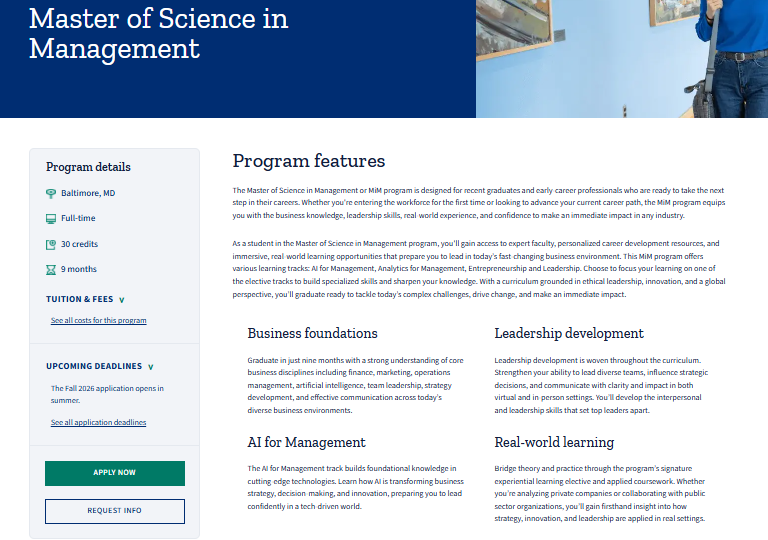本期为大家推荐帝国理工学院、阿尔伯塔大学2026最新奖学金项目介绍。
1、帝国理工学院
Computational Modelling of the Lung
Imperial College London | National Heart and Lung Institute
博导:Prof Steven Niederer,Prof Salman Siddiqui
截止日期:September 12, 2025 周五
资助的博士项目(全球学生)
About the Project
We are seeking a highly motivated PhD student to develop state-of-the-art computational models of the lung, advancing our understanding of pulmonary function and respiratory disease. The project is sponsored by and will work closely with GSK to use model developments in their drug development pipeline. This project offers an exciting opportunity to work at the intersection of applied mathematics, computational modeling, and medical science, contributing to the next generation of lung digital twins.
The student will be based in the section of Cardiac Function within the National Heart and Lung Institute, which provides an exciting environment, with state-of-the-art facilities and excellent opportunities for PhD student training including research seminars and journal clubs. This project will be carried out in close collaboration with like-minded early life immunologists embedded in the section, and the institute provides extensive collaborative opportunities with other research groups.
Project Overview
The respiratory system is a complex, dynamic structure that plays a vital role in human health. Computational models offer a powerful tool to study lung function across scales, from airflow dynamics to gas exchange and cellular responses. In this PhD, you will develop and validate multi-scale models of lung physiology, integrating mathematical frameworks, high-performance computing, and clinical imaging data. The project will focus on COPD (Chronic Obstructive Pulmonary Disease), a progressive lung disease that makes it difficult to breathe. The disease is characterized by persistent respiratory symptoms and airflow limitation due to airway and/or alveolar abnormalities.
Key research questions may include:
- How do changes in airway anatomy impact lung function?
- Can computational models help personalize treatment strategies for lung diseases such as COPD and fibrosis?
- How can we integrate patient-specific data into simulations to improve predictive accuracy?
Key Responsibilities
- Develop and implement computational models of lung mechanics, airflow, and gas exchange.
- Utilize numerical methods and high-performance computing for large-scale simulations.
- Collaborate with clinicians, experimentalists and GSK to validate models using imaging and physiological data.
- Publish findings in high-impact journals and present at international conferences.
Candidate Requirements
We are looking for candidates with a strong background in one or more of the following areas:
- Computational Modeling & Simulation: Finite element methods, computational fluid dynamics, or multi-scale modeling.
- Applied Mathematics & Physics: Partial differential equations, numerical methods, and dynamical systems.
- Programming & High-Performance Computing: Proficiency in Python, C++, or similar languages.
- Interest in Biomedical Applications: Previous experience in physiological modeling is desirable but not required.
How to Apply
Interested candidates should send a CV, academic transcripts, and a brief statement of research interests to s.niederer@imperial.ac.uk Informal inquiries are welcome.
Join us in shaping the future of pulmonary computational modeling and advancing respiratory healthcare!
Please note that candidates must fulfil College admissions criteria.
Funding Notes
Expected start date: 1 October 2025.
The studentship will be funded for 4 years with a tax-free stipend of £21,237 p.a. and tuition fees at Home Rates only will also be paid.
International students can apply but will need to explain how they will cover international fees at the School of Medicine
2、阿尔伯塔大学
Research and data synthesis in different topics in ecology and evolution, including meta-science & methodolgical development
University of Alberta | Biological Sciences
博导:Prof SHINICHI NAKAGAWA
截止日期:全年可申
资助的博士项目(全球学生)
About the Project
The PI will build an international hub or Centre for Open Science and Research Synthesis in Ecology and Evolution to revolutionize and improve scientific practises in ecology, evolution, and related fields, such as conservation and environmental sciences, by forming a large international collaborative network. The core interdisciplinary team will include biologists and computer and social scientists from UoA. This new lab (Centre) will conduct meta-analyses and other quantitative syntheses using all data types (e.g., citizen science data, climate data) and develop new methodologies. Therefore, we intend to lead and direct future research across many topics in ecology and evolution.
Over the next few years, the PI aims to build up a lab of ~20-25 people: postdocs, graduate students, research assistants, and a lab manager. This lab will be a place where people work together towards the ambitious vision and to reach their highest academic and personal potential. All lab members will have opportunities to participate in and help run collaborative workshops where participants learn synthesis methods and generate the latest evidence for various topics in ecology and evolution.
For more information about the PI and his past work, visit his Australian lab webpage [link] and also read his interview at Current Biology.
Position, salary, and location:
- The appointment will be for 5 years
- The salary starts at $ $25,917/year for 5 years (guaranteed with teaching assistantships)
- Lab members will be expected to work at a newly refurbished lab space at the University of Alberta, Edmonton, one of Canada's most affordable places to live.
Work descriptions and duties:
- Leading research synthesis, methodological, or meta-science projects in consultation with the PI and other collaborators (on research topics that align with the applicant’s interest and skills within PI’s CERC program remit).
- Completing research projects, publishing them, and collaborating with other researchers at the Centre.
Eligibility, necessary qualifications, and qualities:
- Bachelor’s degree in biology (ecology, evolution, and environmental sciences), psychology, statistics, mathematics, computer sciences, philosophy or related fields.
- Self-motivated and eager to learn new skills. While quantitative methods can be intimidating, if you are self-driven and open-minded, we assure you that you can learn these skills and become a world-class researcher.
- Excellent organizational and communication skills
- We are open to applications from any country
Preferred experiences and skills:
- Coding experience is preferred but not required (e.g., in R Python, Julia, MATLAB)
- Willingness to think critically about hot topics in conservation biology and ecology.
- Prior research experience is recommended.
How to apply:
Please send the PI (Shinichi Nakagawa: shinichi.nakagawa@ualberta.ca) an email with the following attachments (or a link from which the documents can be downloaded)
- A cover letter describing experiences and research interests
- Transcripts
- Contact details of three referees (two are fine, too)
- A two-page (max) statement of research interests (please read the CERC application and discuss the link between your research interest and the CERC program).
- A one-page (max) diversity and social impact statement (describing strengths and experiences in equity, diversity, and inclusion, and/or social activities such as volunteering at learned societies and outreach activities, and/or other extra-curricular activities, and/or supervisory/teaching experiences)
- Please send the application by 31 March 2025 (first deadline, but later applications are considered)
Funding Notes
The salary starts at $ minimum guaranteed salary of $25,917/year for 5 years (top-up awards can be applied later)













